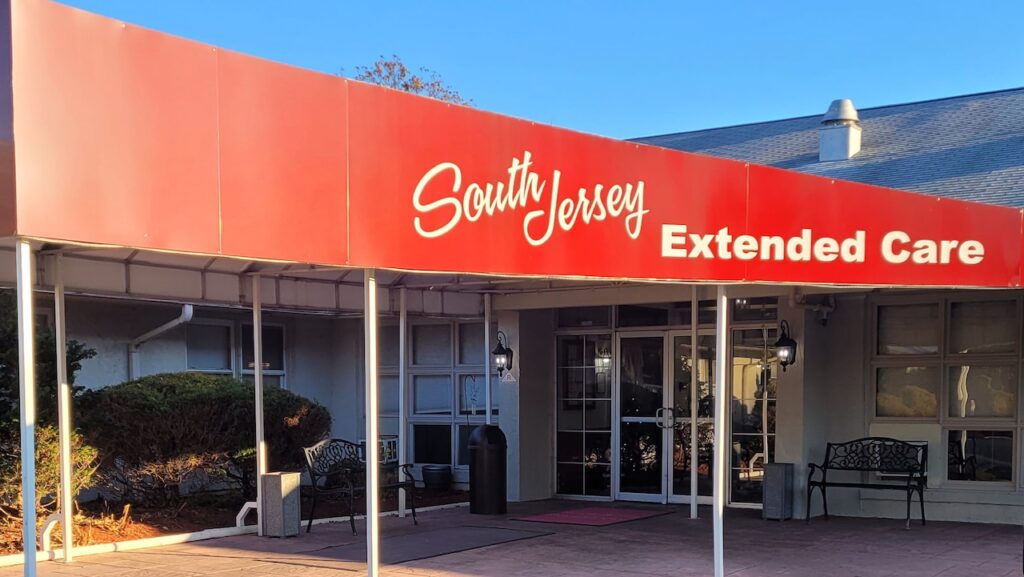Relatives of residents of South Jersey Extended Care, a Bridgeton nursing home, may have been surprised — but not shocked — to see a photograph of the home on newspaper front pages, accompanying stories with headline phrases such as “… New Jersey’s worst nursing home…” and “… residents suffered in filth, abominable care …”
Family members are the first line of defense against abuse of residents who may be unwilling or unable to speak up about conditions and circumstances under which they are held. It’s possible that those staying in the 167 beds at South Jersey Extended Care have no close relatives, but if they did, the purported defects should have been apparent in just one visit.
The articles were triggered by an announcement that South Jersey Extended Care was being dropped from reimbursement from the state Medicaid program, following release of a 70-page report from the Office of the State Comptroller alleging that, in addition to providing substandard care, the owners ran a self-dealing Medicaid fraud scheme that enriched the principals as their clients were being systematically mistreated.
Whether you’re a resident’s kin or not, the visceral reaction to the state’s pending funding cutoff ought to be, “What took you so long?”
As it is, the Medicaid payment cutoff won’t take effect for 60 days. A second home under the same ownership, Sterling Manor Nursing Center in Maple Shade, also will be affected. Typically, nursing homes that derive a large amount of their funding from Medicaid have to shut down once that funding is withdrawn.
“This was a massive scam, perpetrated for years,” said Acting State Comptroller Kevin Walsh. “These individuals (the owners) were able to amass a fortune by pretending to be independent parties. In reality, they operated as one unit, providing terrible care to the sick, the elderly, and the poor, so they could make big profits.”
Walsh outlined a scheme in which the Bridgeton home purchased supplies and services — ostensibly at inflated prices — from connected firms actually owned by the nursing-home owners. He said the owners raked in $10 million from these purchases, while the home had too few nurses, and appointed required staff that was unqualified for their duties.
Walsh’s description of the snake-like network of related companies is too complicated to repeat in detail here. The principal owner is listed as Mark Weisz, but the comptroller alleges that this was a “clean” name — of a cousin — to put on applications because the real owner, Michael Konig, had been barred from owning these homes because of previous violations.
The essential question: Why are the authorities pouncing just now, when South Jersey Extended Care had consistently received poorly-run marks based on a federal star-rating system?
Surely, Medicaid-dependent nursing homes, many of whose clients are indigent, find it challenging to make ends meet. They often face cash-flow problems, resulting in dangers like food substitutions for residents who need to be on restricted diets. In late November, state regulators alleged that Medford Care Center in Burlington County did not have the required three days worth of food on hand, a broken hot water boiler kept residents from showering, and an administrator didn’t show up for months. There’s an argument for improving reimbursement rates from federal and state coffers that provide Medicaid funding.
There is no good reason, however, for oversight of these homes to be so tardy and confusing. The comptroller’s office can’t bring criminal charges against owner-operators, but the attorney general’s office can. State and county health also departments have a role in rule-setting and inspections, as was demonstrated — frequently negatively — when COVID-19 spread through these facilities. New Jersey also has the Office of the Long-Term Care Ombudsman, which supposedly responds to individual complaints.
This mish-mosh of regulatory authority may be too cumbersome to respond effectively and on time. The Legislature ought to keep digging into this; past hearings into the COVID-19 response at nursing homes have yielded mostly partisanship.
At the federal level, if President-elect Donald Trump and his government efficiency office, headed by Elon Musk and Vivek Ramaswamy, really want to root out waste, fraud and abuse, start with Medicare and Medicaid scams, which eat up critical taxpayer resources and deny quality care to those depending on it. Within that realm, the private nursing home business deserves special scrutiny. On the other hand, a Trump administration that weakens regulations for medical facilities and providers would only make things worse.
Our journalism needs your support. Please subscribe today to NJ.com.
Send a letter to the editor of South Jersey Times at sjletters@njadvancemedia.com
Bookmark NJ.com/Opinion. Follow on Twitter @NJ_Opinion and find NJ.com Opinion on Facebook.

